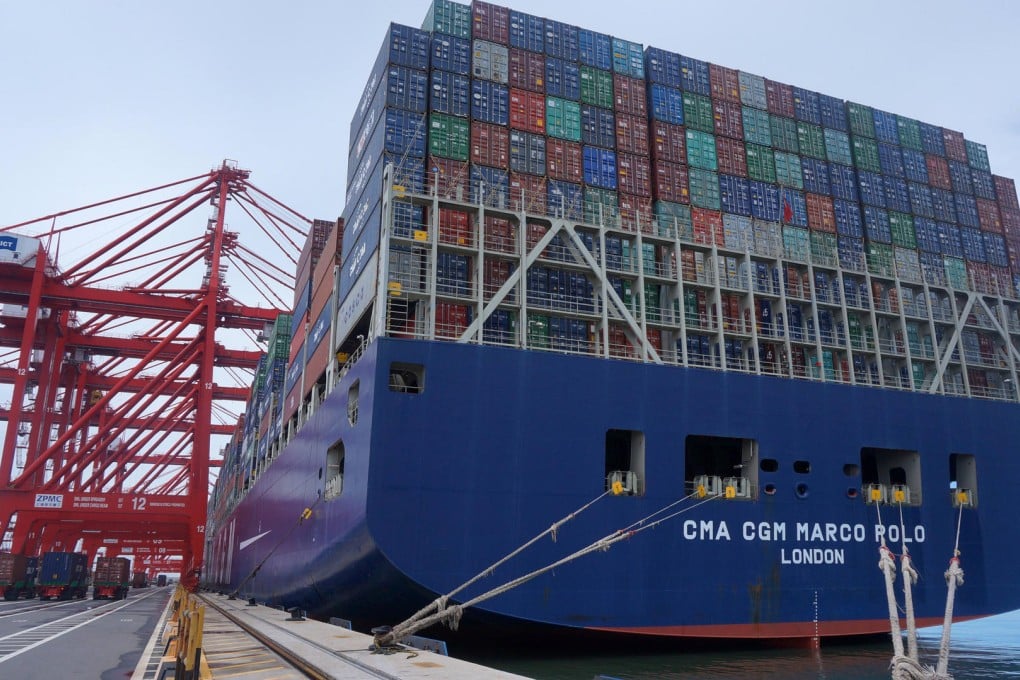Chinese-built port terminal in Sri Lanka makes waves
Success story of a deepwater port in Sri Lanka stands out in the controversy over Chinese-invested infrastructure projects

The waves licking the giant of a ship docked at Colombo's spanking new terminal in the crisp autumn noon cut a stark contrast to the lifeless swathe of the ocean on the other side marked for a controversial reclamation project stuck in the cross-currents of local and international politics.
Majority-owned by Hong Kong-listed China Merchant Holdings International (CMHI), Colombo International Container Terminals (CICT) may not get the headlines like its Chinese-funded twin next door, but it gets the job done. Unlike the stalled US$1.4 billion Colombo Port City, the CICT-run "South Terminal" is making the right kind of waves, raking it in for Colombo port like never before and transforming Sri Lanka into a regional shipping hub.
"See that big cat over there?" points Tissa Wickramasinghe, general manager, commercial and marketing, at CICT. "It takes US$200,000 every day to keep it purring. That's the kind of daily operating cost we are talking about for ships of this size. Even an hour's delay means big bucks. That's why they come here, for the reliability of service and the geography."
Wickramasinghe's bragging rights are well earned. With world-class facilities designed to accommodate ultra-large ships - like the CMA CGM Marco Polo that the white-goateed Wickramasinghe is pointing to - the terminal has been a phenomenal success in attracting ships with capacity of more than 10,000 20-foot equivalent units (teu) that would otherwise bypass Sri Lanka's shallow ports. The 16,020 teu Marco Polo used to be the world's biggest ship before being overtaken by an 18,270 teu ship in 2013.
"The new facilities make it (Colombo) the only port in the South Asia region with a deepwater terminal that can accommodate the newest breed of 18,000 teu container ships. Higher efficiency and faster delivery times will attract larger vessels and higher volumes of trade," notes the Asian Development Bank in a recent report.